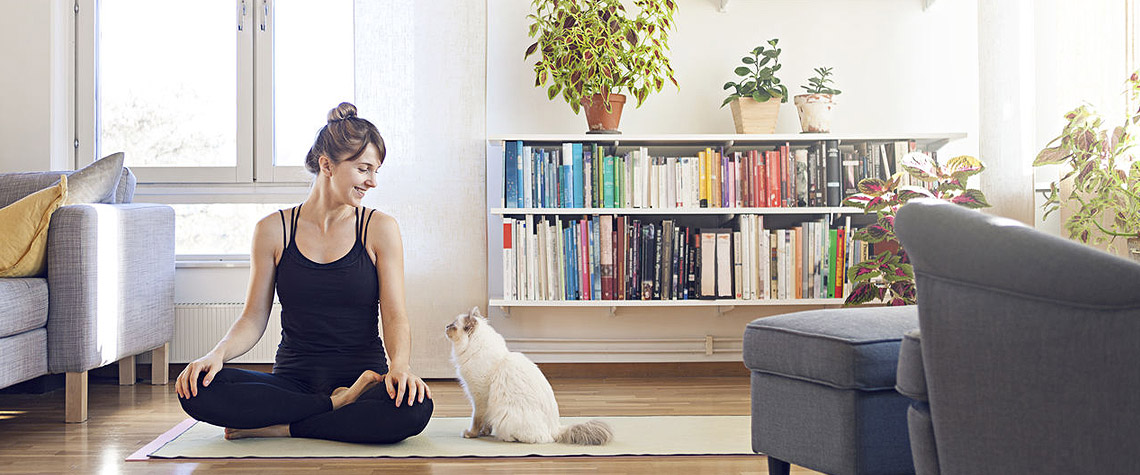2020, then. It’s been a stressful year for everyone – it seemed to start pretty well, but then COVID-19 happened, and we find ourselves hurtling into a summer that might be more of a damp squib than a sunny scorcher.
That’s not to say we should approach it with negativity in mind. While working remotely, shopping mostly online and staying indoors as much as possible isn’t the perfect way to spend a summer especially as the temperatures rise, and the music festival cancellations begin to rack up its vitally important that we make sure to take some time for ourselves.
It can be tempting to spend more time than usual working, right now. Even with some restrictions lifted, lockdown can make us feel a bit out of sorts, left with nothing much to do. Work fills that void—when the pubs are closed, and we’re not really allowed to meet up with our friends without a host of conditions, we can fall back on work as a way to feel we’re taking control in a time of uncertainty.
Burnout
The danger of relying on work as a crutch for a normal life comes in the form of burnout. Formally recognised by the WHO and added to the International Classification of Diseases in 2020, burnout is a serious condition that results from too much stress.
There are some tell-tale signs of burnout, which you should be certain to look out for in colleagues during this stressful time:
- Sudden change in mood
- Drop in performance levels
- Uncharacteristic behaviour
- Reduced energy and efficiency
- Decreased motivation
These are all pretty insidious symptoms, which can really drag a person—and a team—down.
How to avoid that burnout
Now, you can do a lot of things at work to avoid burning out. Vary the work type, monitor workloads, offer help with work/life balance—these are all good steps.
But in the current circumstances, the best way is simply to remind people of the time they’re entitled to spend on themselves and their families. After all, 2020 is bringing stressors from virtually everywhere, not just work.
Encouraging employees and colleagues to take annual leave during the glorious (well, slightly less than usual) summer will go some way to lessening the burnout, exhaustion and potential resentment people will feel at the way their lives have been turned upside-down by coronavirus.
Even just taking a week off to sit in the garden, do some DIY or just play video games with the kids will refresh, recharge and reset people who have been stuck indoors for months now, working remotely with no change of pace or scenery.
There’s a danger that, with the shift toward semi-permanent remote work, people’s work/life balance will get distorted. When you spend 23 hours a day in the same place, the idea of taking holiday time to spend even more of those hours there might feel alien and pointless.
But, as we say, burnout is very real. And the best way to combat it is to spend a little time—without the stresses of work on our backs—on ourselves.
Encourage colleagues, employees, family and friends to take the annual leave they’re entitled to, and come back feeling a little more optimistic. We’re all in this together, and we’ll all make it through.









